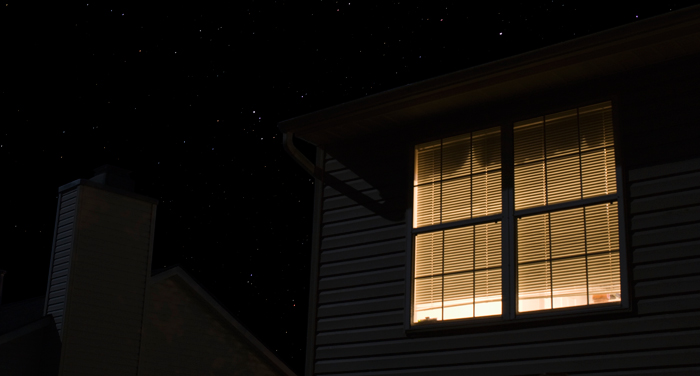Recent
- 7 Ways to Prepare Your Plumbing for Spring April 3, 2024
- The R410a Refrigerant Phase-Out & What it Means for Your HVAC System March 11, 2024
- Your Spring HVAC Maintenance List February 7, 2024
November 17, 2016

As the weather gets colder this time of year, having the right heating system for your home is essential to keeping your family and guests comfortable. Your heating system should provide clean, healthy, and comfortable air with a nice balance between temperature, humidity, and purity. Choosing the right system for your home can be a complicated decision, based on factors such as your home size, budget, energy types, energy usage, and health concerns. Luckily, Trane has a handy online tool for deciding what is right for your home. So what kind of heating systems are there? In this post we are going to look at the most popular types of central heating systems.
Most homes in Mercer County are heated through central furnace systems. Central furnaces provide heat by blowing warm air throughout the home’s air ducts into each room, usually set by a single thermostat. Furnaces can be powered by electricity, natural gas, or fuel oil. In gas and oil furnaces, the fuel is mixed with air and burned, heating a metal heat exchanger which transfers heat into the air. The air is circulated by fans and regulated by registers and grilles. Different furnaces dispose of exhaust in different methods, determining how efficient the system is.
Unlike furnaces, boilers use hot water to heat the home instead of warm air. Water is pumped through a radiator and once heated is distributed throughout the home’s pipes. The water loses heat as it travels through the baseboards and home devices and returns to the boiler to be reheated. Home boilers typically use natural gas or heating oil for fuel. It is much easier to install individual room thermostats with boilers than with forced heating systems.
Heat pumps use electrical systems to move heat from outdoors and releases the heat indoors, either from outside air or from underground, where temperatures are more constant year-round. Even in cold temperatures, heat energy is present. Warm-air delivery systems move the heated air throughout the house. While ground heat pumps are more efficient, air source heat pumps are more common because they are cheaper and easier to install. Air-source heat pumps are installed like a central air conditioner, where as ground heat pumps require an underground loop buried a few feet under the yard in long trenches. In the summertime, heat pumps do the opposite, removing the heat and keeping the home cool.
While this is just a general overview of the most common heating systems, there are many different products, options, and styles available. We have experience with each system and can answer any questions you may have. Not sure which is best for your home? Talk to a professional heating expert at Tindal & Ranson by calling 609-924-3434 or filling out our form.
Blog Posts
Enter your email address
Below to receive updates
And special offers!
Submit your questions about home performance and maintenance to your plumbing, heating and cooling systems for our monthly Ask Kevin article!
NJ PLUMBING LIC #8859
NJ HVAC-R LIC #9540
NJ CONTRACTOR REG #13VH01545000